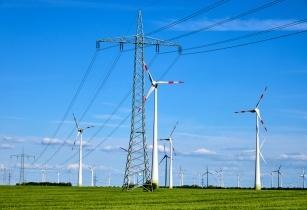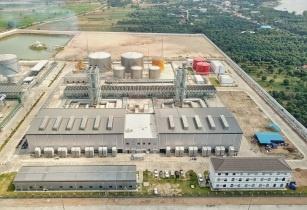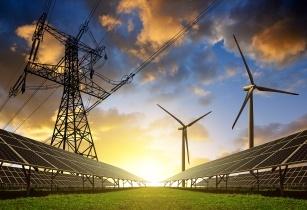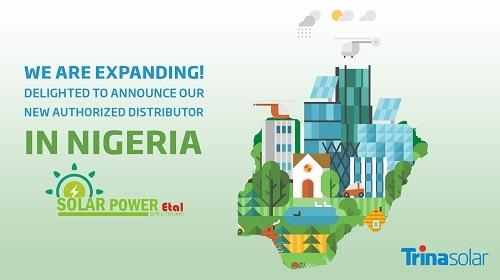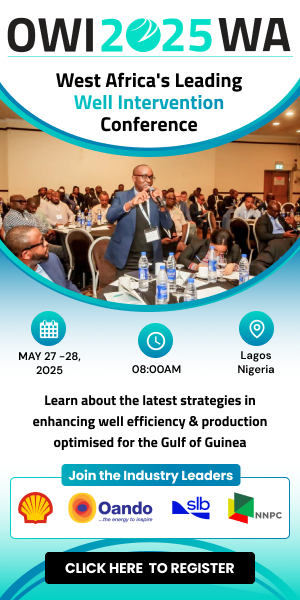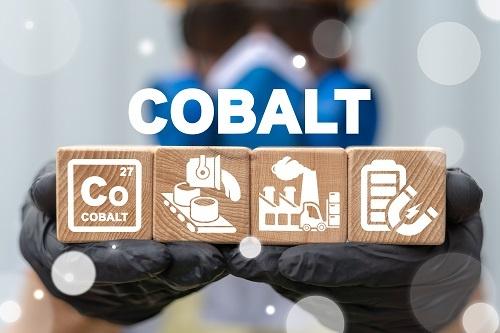
Cobalt and other critical minerals such as lithium and manganese will be in demand more and more to meet clean energy transition targets. (Image credit: Adobe Stock)
In the most comprehensive global study yet, IEA has called for government action to ensure reliable, sustainable supplies of elements vital for EVs, power grids, wind turbines and other key technologies






